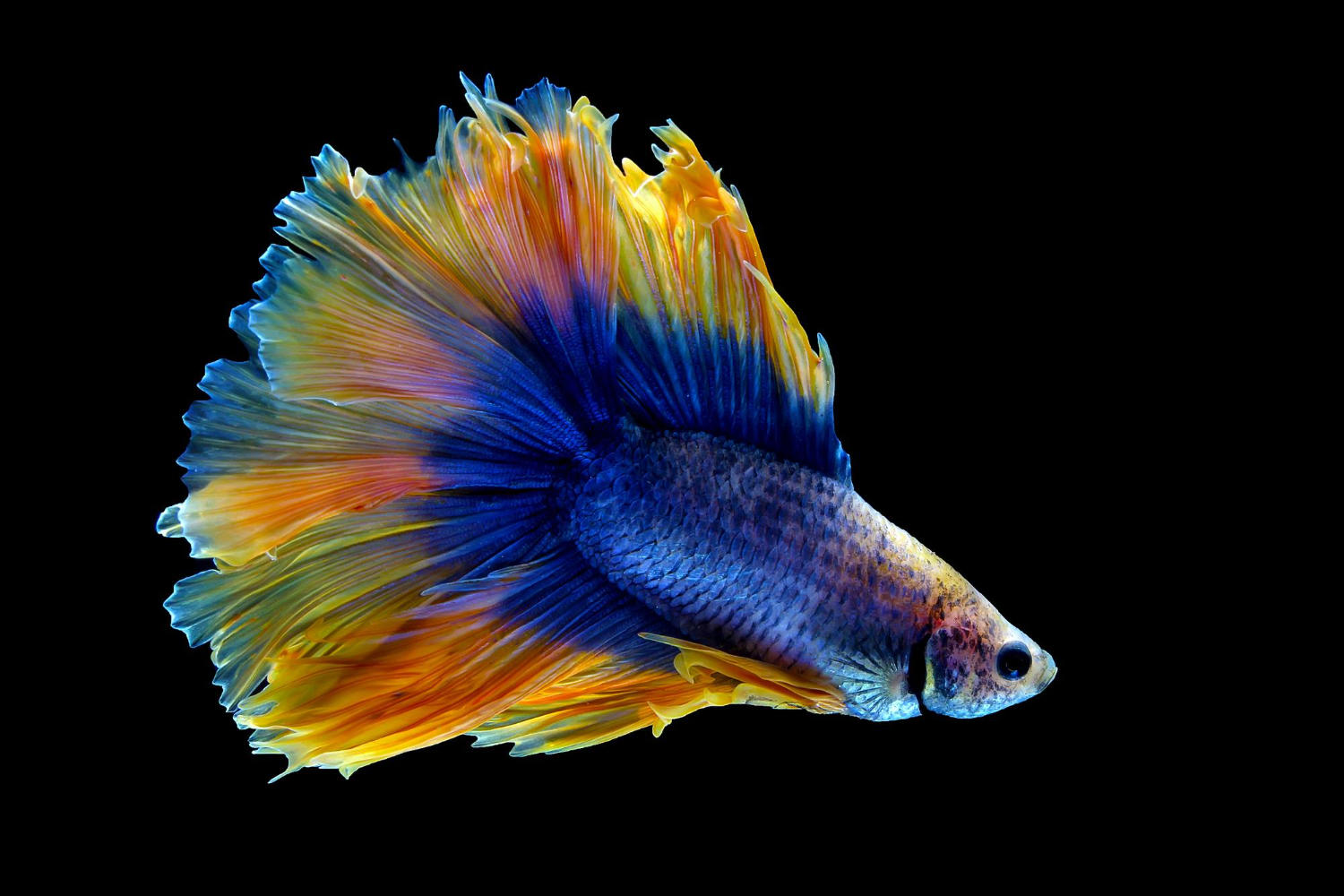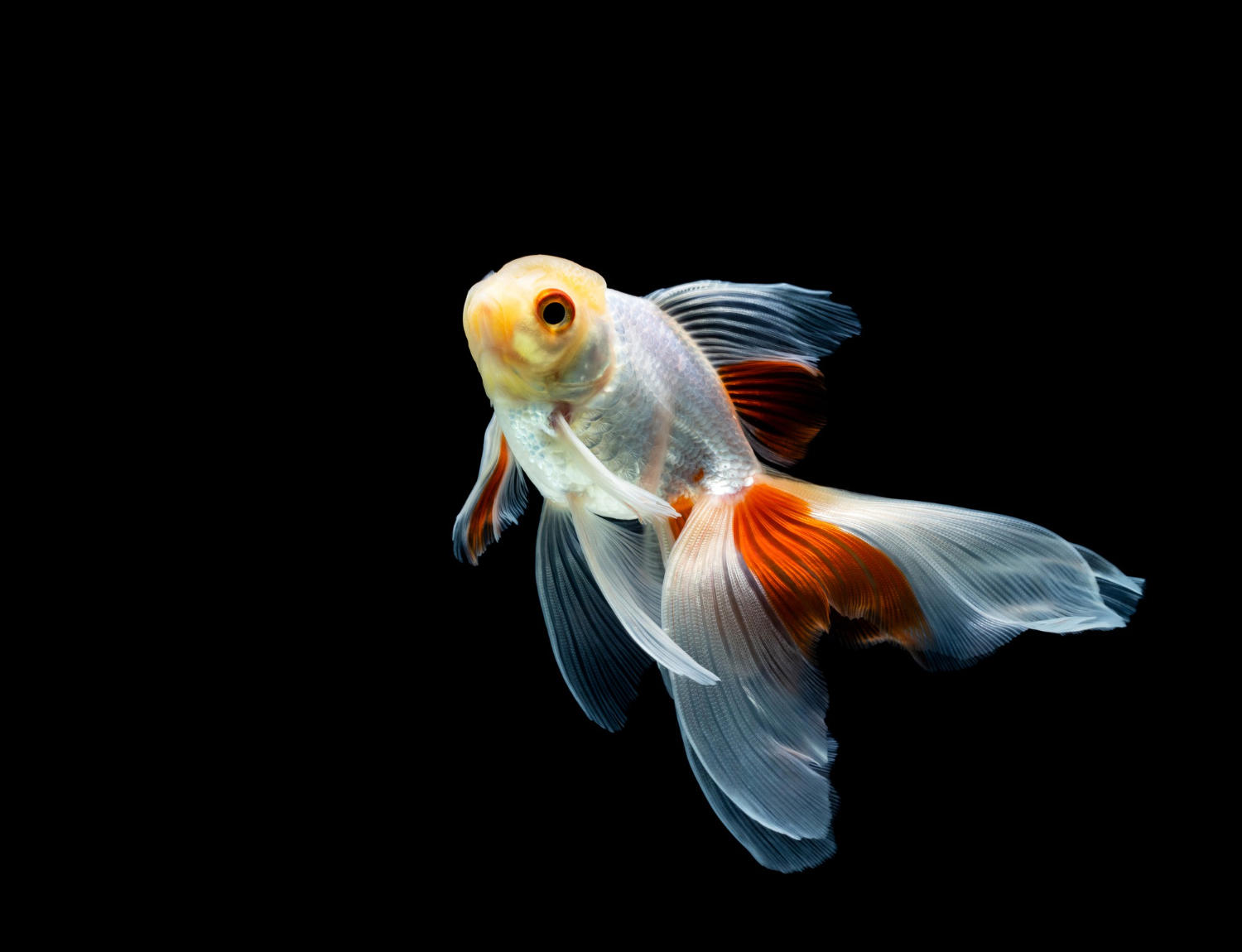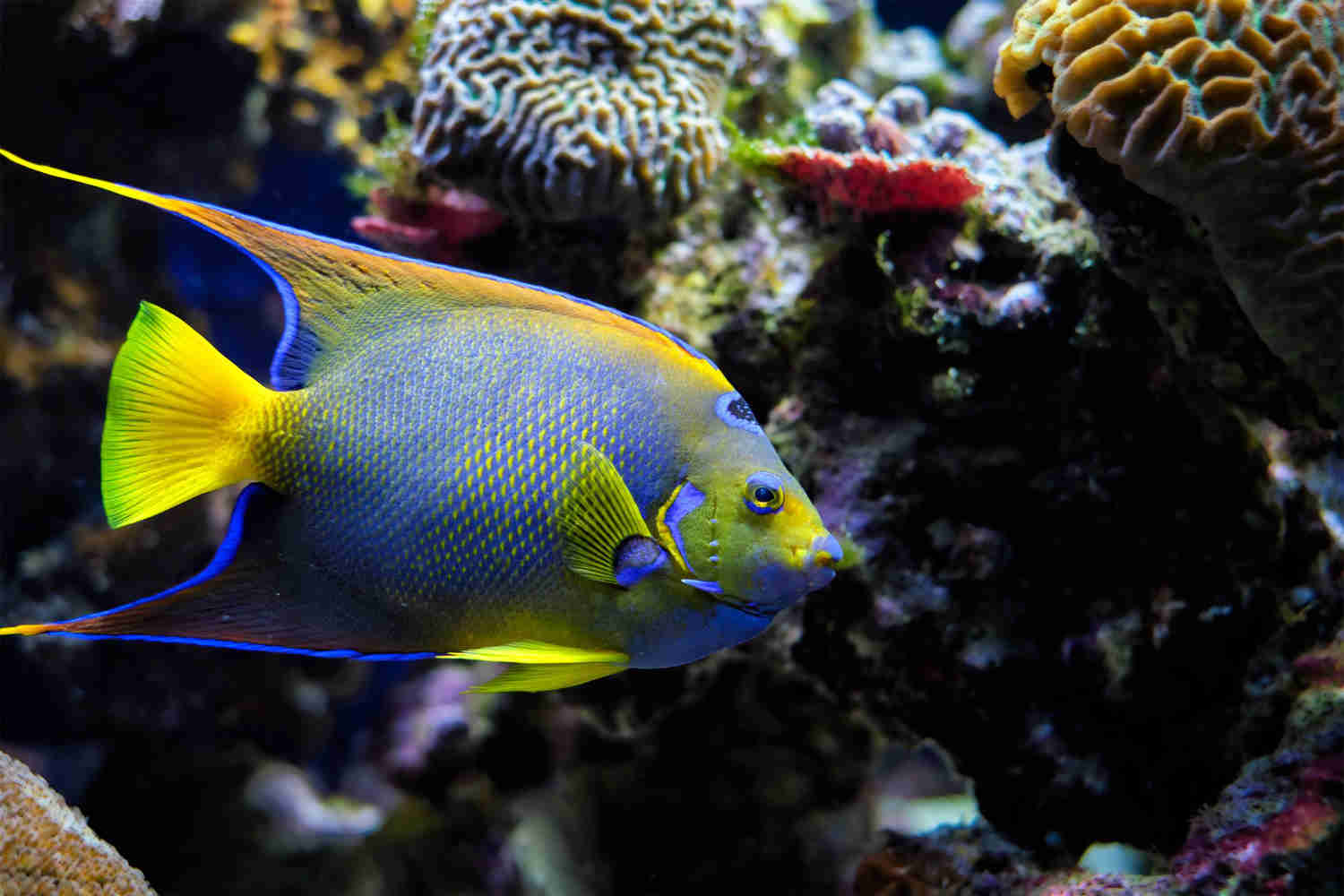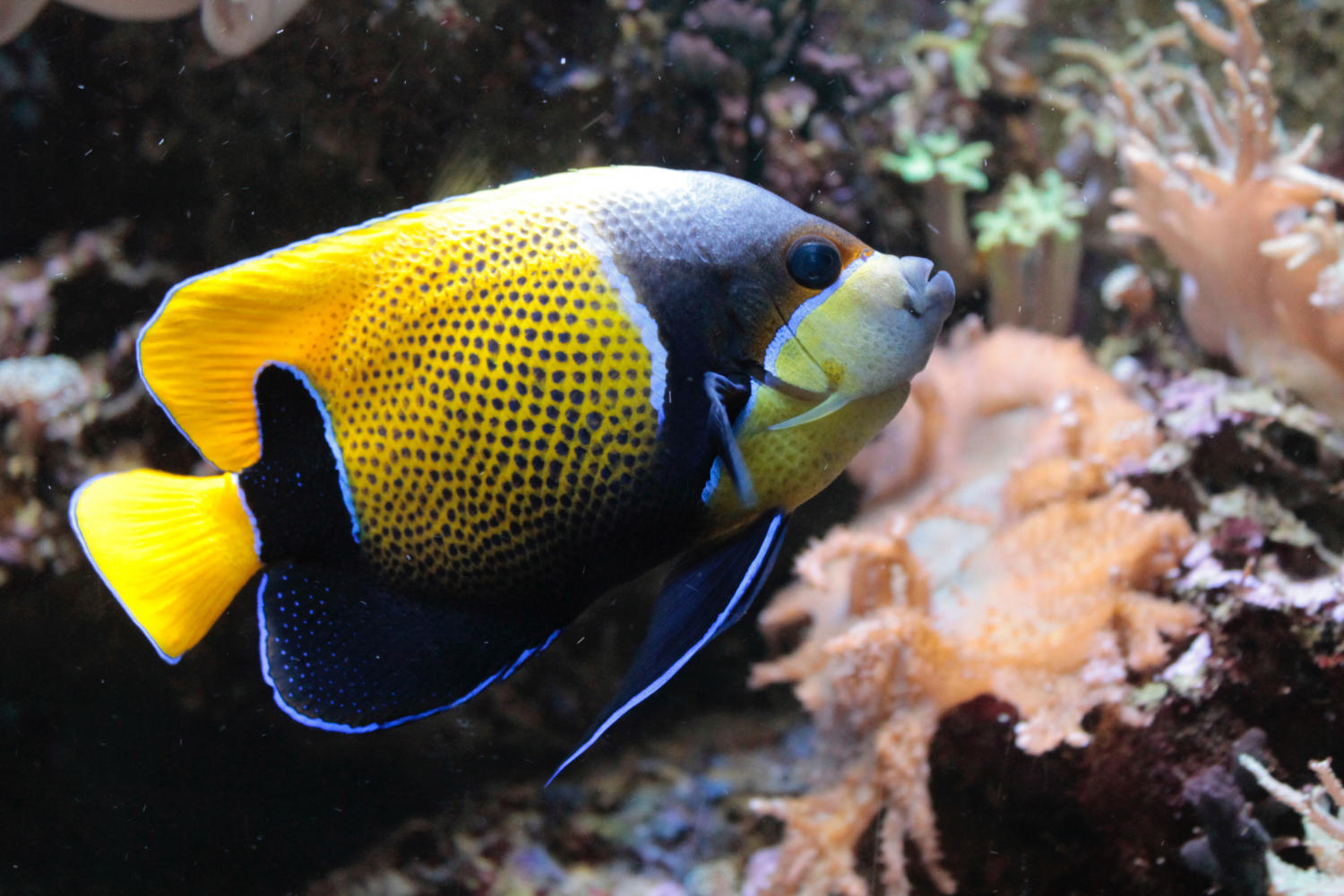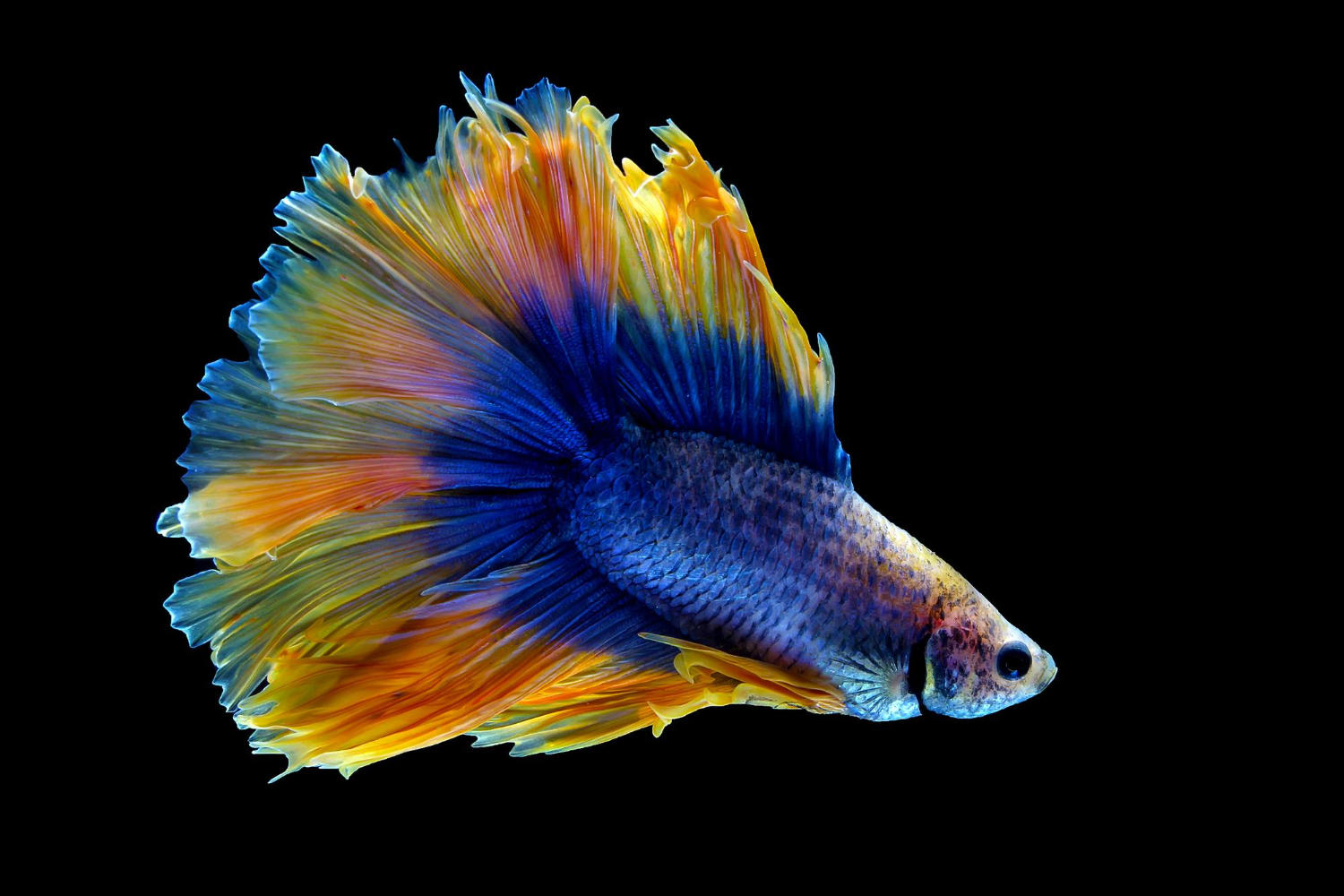As a fish owner, one of your primary responsibilities is to ensure that your aquatic pets are healthy and happy. And one of the key factors that contribute to their well-being is their diet. But how do you know if you’re feeding them too much or too little? Overfeeding or underfeeding your fish can have serious consequences, such as digestive problems, obesity, and even death. In this blog post, we’ll discuss some of the telltale signs that your fish might be overfed or underfed, and what you can do to keep their diet balanced and appropriate for their needs. So, let’s dive into Fish Feeding 101 and learn how to identify the signs of overfeeding or underfeeding your fish!
Feeding your fish is one to-your-question/”>of the most important aspects of fishkeeping. It ensures their health and longevity, and ultimately contributes to your enjoyment of your aquarium. However, many new fish owners struggle with the right amount of food to give their fish, leading to overfeeding or underfeeding.
Overfeeding is a common mistake among fish owners. It can cause a number of problems, including poor water quality, algae growth, and even death. One of the most obvious signs of overfeeding is uneaten food. If there is excess food floating around in the tank, it means you’re giving your fish too much food. Another sign of overfeeding is a cloudy or murky tank. This is caused by excess food breaking down and releasing waste into the water, leading to poor water quality. Overfeeding can also cause your fish to become bloated, which can lead to swim bladder problems and other health issues.
On the other hand, underfeeding can be just as harmful to your fish. It can lead to malnutrition and stunted growth, and even death in severe cases. One of the most obvious signs of underfeeding is weight loss in your fish. If they look thinner than they should, it’s a sign that they’re not getting enough food. Another sign of underfeeding is lethargy. If your fish are not as active as they used to be, it could be a sign that they’re not getting enough energy from their diet.
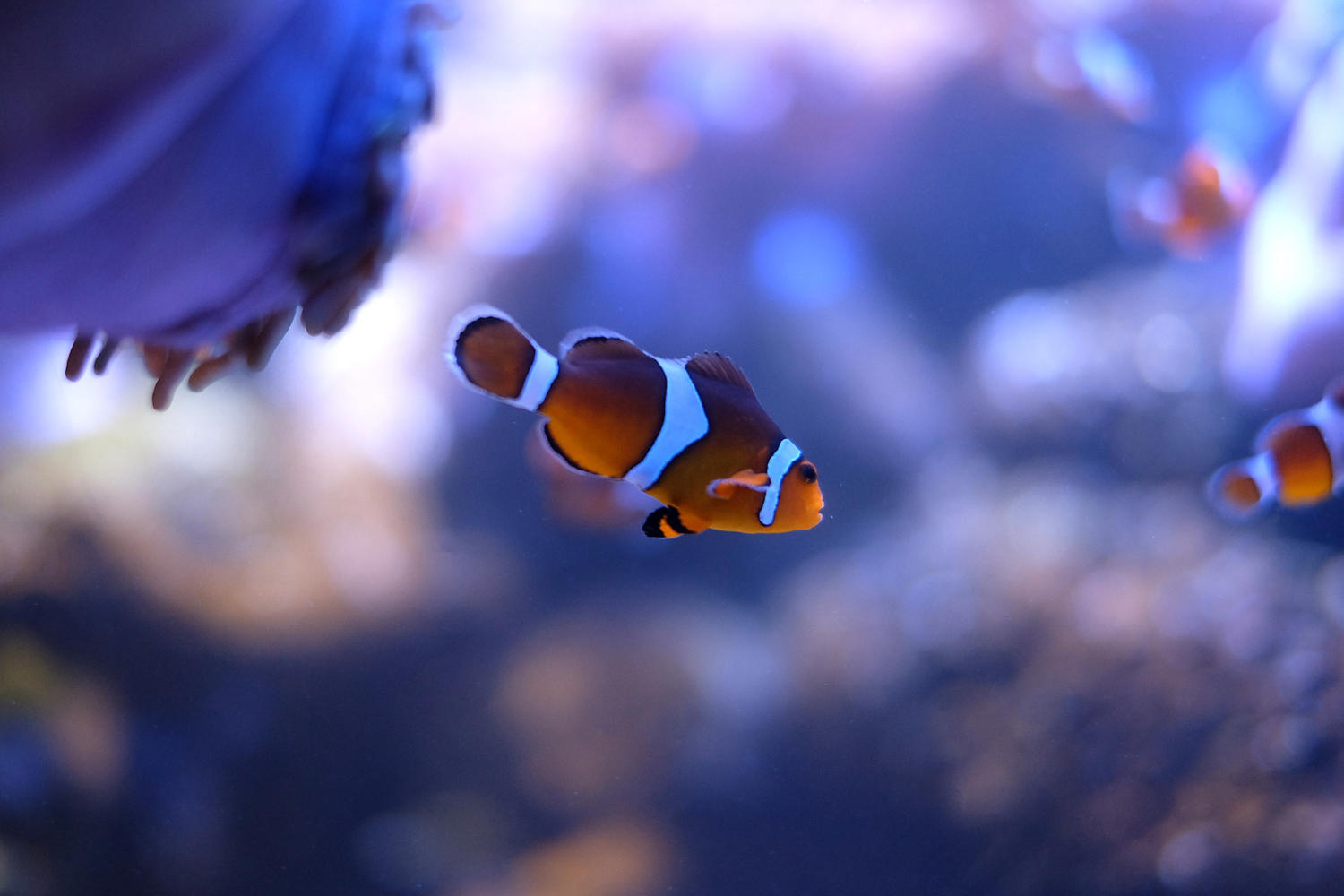
So, how do you find the right balance when feeding your fish? The best way is to observe your fish and their behavior. Feed your fish small amounts of food 2-3 times a day and watch to see if they eat it all within a few minutes. If there is uneaten food, you’re feeding them too much. If they eat everything quickly and still seem hungry, you may need to increase the amount of food you’re giving them.
It’s also important to feed your fish the right type of food. Different fish have different dietary needs, so make sure you do your research and give them the appropriate food for their species. Overfeeding can also be caused by giving your fish too many treats or human food. Stick to a balanced diet of fish food to ensure their health and wellbeing.
In conclusion, feeding your fish the correct amount and type of food is essential to their health and longevity. Overfeeding and underfeeding can cause a variety of problems, so it’s important to observe your fish’s behavior and adjust their diet accordingly. By doing so, you’ll be ensuring a happy and healthy aquarium for years to come.
In conclusion, understanding the signs of overfeeding or underfeeding your fish is crucial for ensuring their health and well-being. By observing their behavior, appearance, and the cleanliness of their tank, you can make adjustments to their feeding routine and prevent potential health issues. Remember, a healthy and happy fish is a joy to watch and care for, so take the time to give your finned friends the proper nutrition they need to thrive. With the tips and tricks outlined in this guide, you’ll be well on your way to becoming a knowledgeable and responsible fish owner.
Please follow us on Social Media


